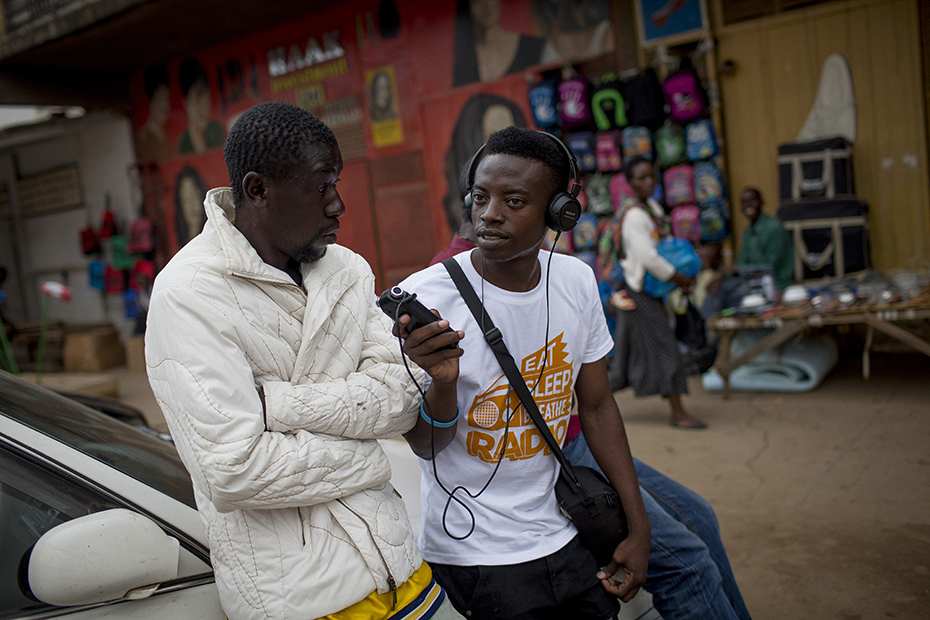
To Give Young People Peerless Health Education, Turn to their Peers
Think back to when you were a teenager. Where did you go for information on awkward topics? What sources did you trust?
Initiatives in Zambia and the United States supported by grants from the Stavros Niarchos Foundation (SNF) seek to leverage the trust adolescents have in their peers to spread important health information. SNF support for these programs stems from a belief that young people not only have the power to positively influence their peers’ beliefs and choices, but can also lead the way in changing societal attitudes.
At high schools in Chicago, New York, Los Angeles, Boston, and the Bay Area that otherwise lack the resources to provide comprehensive health education, Peer Health Exchange steps in to deliver it. College students from 21 schools, rigorously trained as peer educators, connect with their “near-peers” in high school to cover a curriculum based in medically accurate information and tailored for delivery to a teenage audience.
By helping the teenagers build skills in decision-making, self-advocacy, and communication, Peer Health Exchange educators equip them to make choices that preempt negative health outcomes. With high schools and colleges now closed in the cities where it works, Peer Heath Exchange is exploring how it can continue to provide virtual health education support to communities that will face elevated risk from COVID-19.
Young radio broadcasters in Zambia’s Copperbelt Province are helping similarly equip their peers through a project by the Children’s Radio Foundation. The organization partners with local radio stations and community-based organizations to train young people how to report on issues that affect their communities, from LGBTI+ rights, to HIV/AIDS, to climate change. Children’s Radio Foundation programs reach 9.7 million listeners a week in 21 broadcast languages, and the organization has trained more than 3,500 young reporters at 68 project sites around Africa.
The goal is for the broadcasts, youthful and authentic in tone, to start conversations that change minds, moving away from stigma and toward a healthier and more inclusive society. Through the project in Zambia supported by SNF, young reporters have aimed specifically to reach their adolescent peers to increase awareness of sexual and reproductive health. The ultimate goal is to reduce adolescent pregnancy rates and incidence of HIV in the area of the country that reports the highest rates of infection.
Now, the Children’s Radio Foundation is retooling their networks to help their young broadcasters safely report on COVID-19, disseminating timely and critical information to local listeners. In partnership with media outlets, the young reporters are also digging deeper to produce stories on the effects the COVID-19 pandemic is having in their communities on mental health, inequality, and the economy.

Source: Sydelle Willow Smith, Children’s Radio Foundation